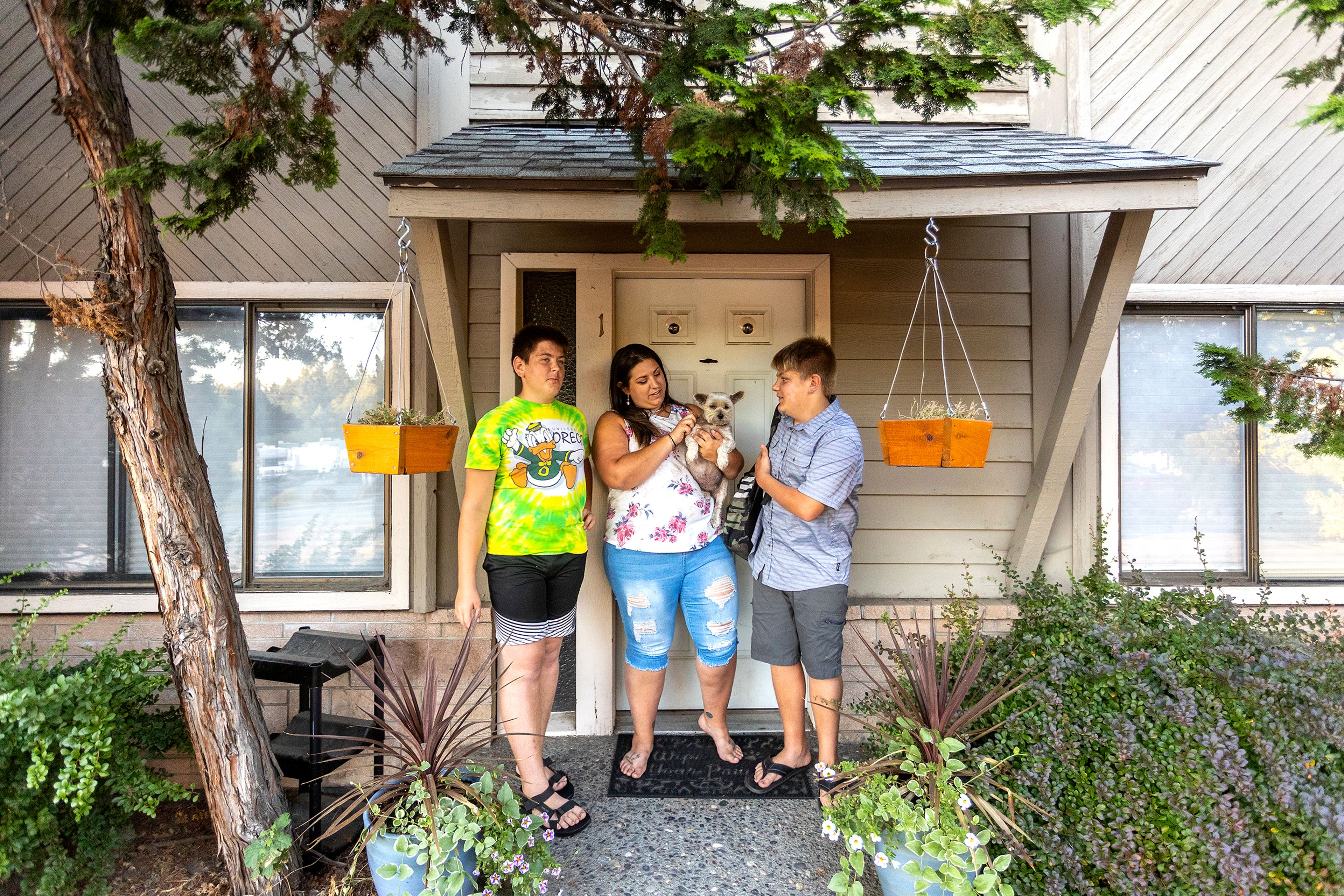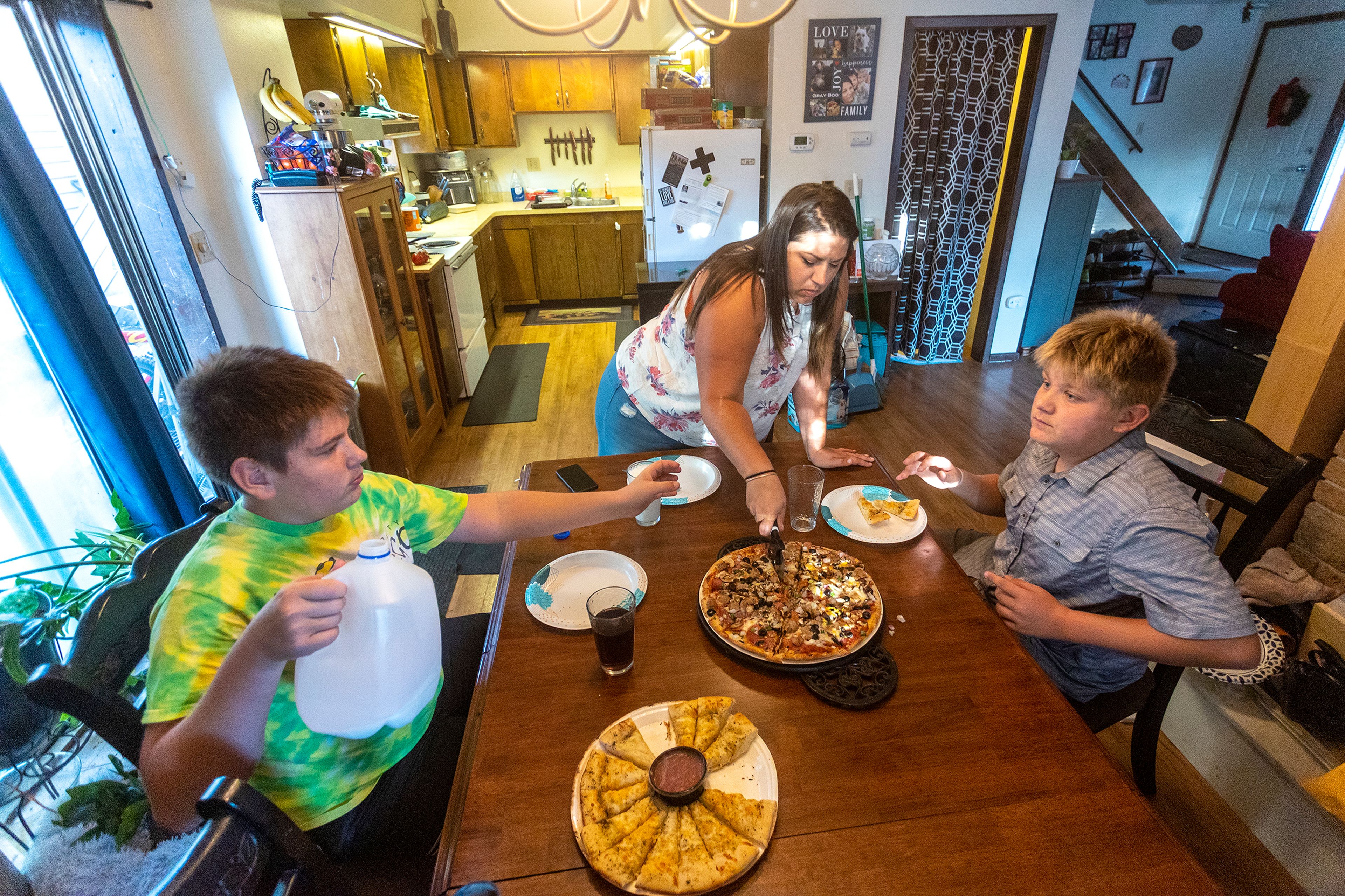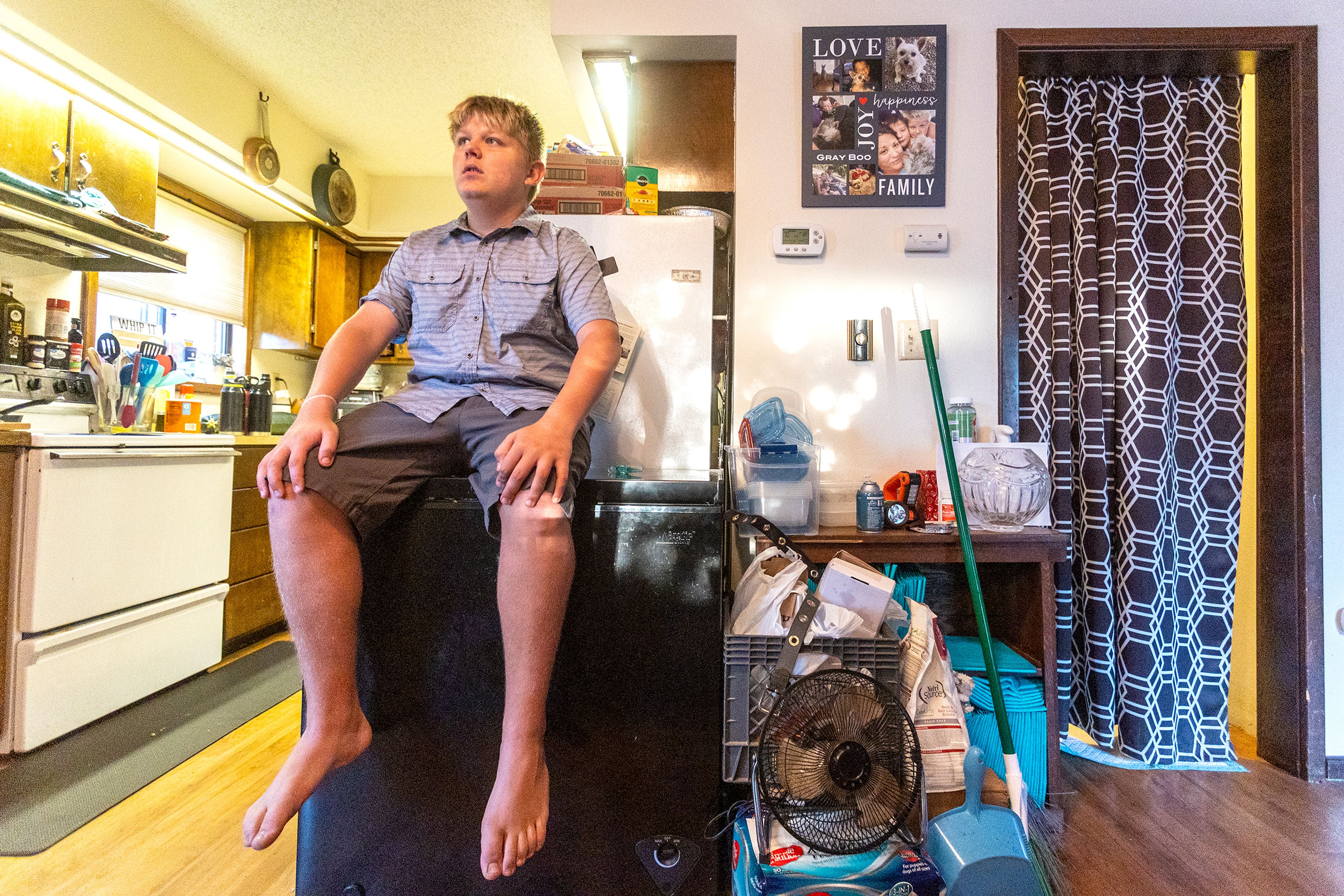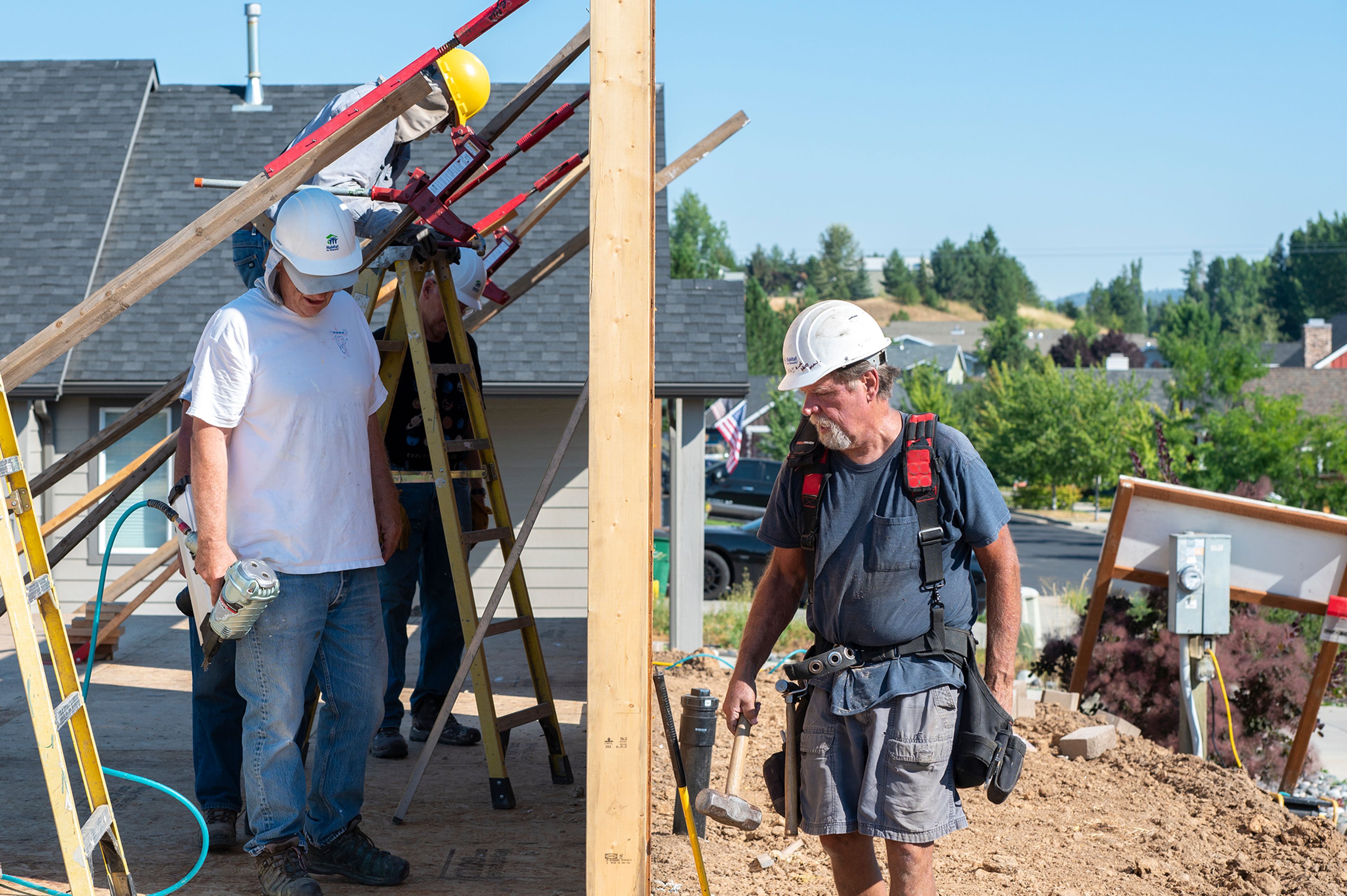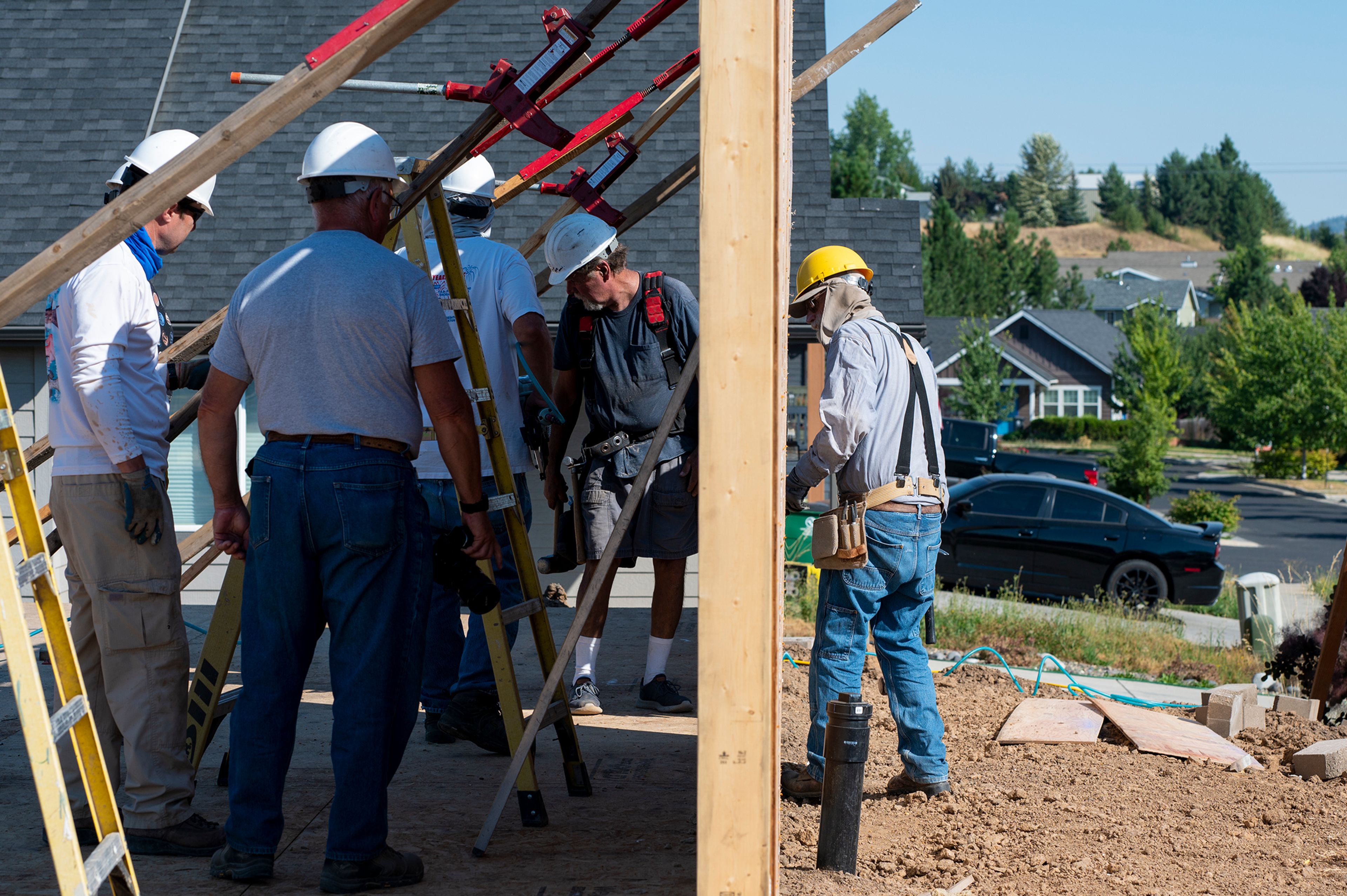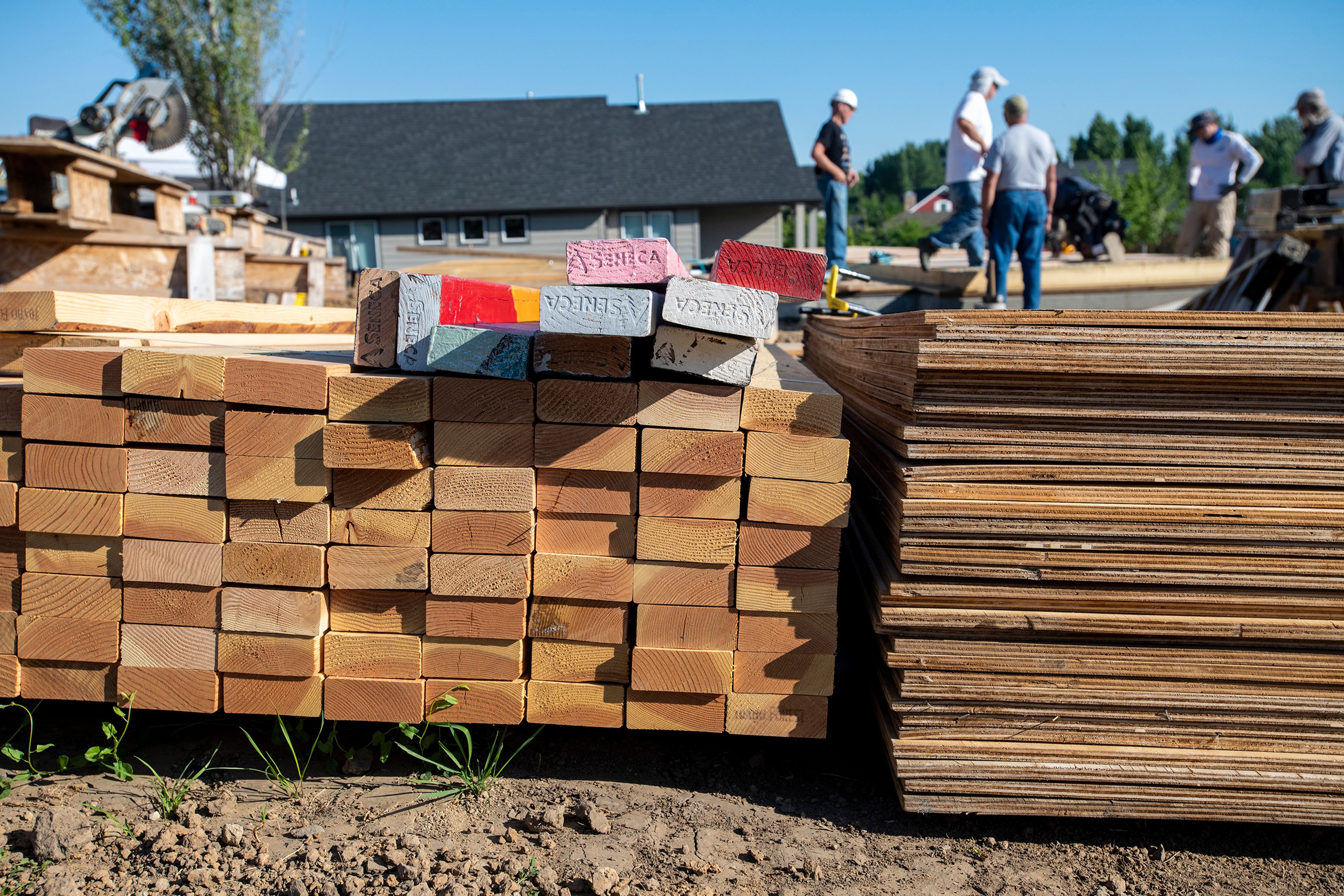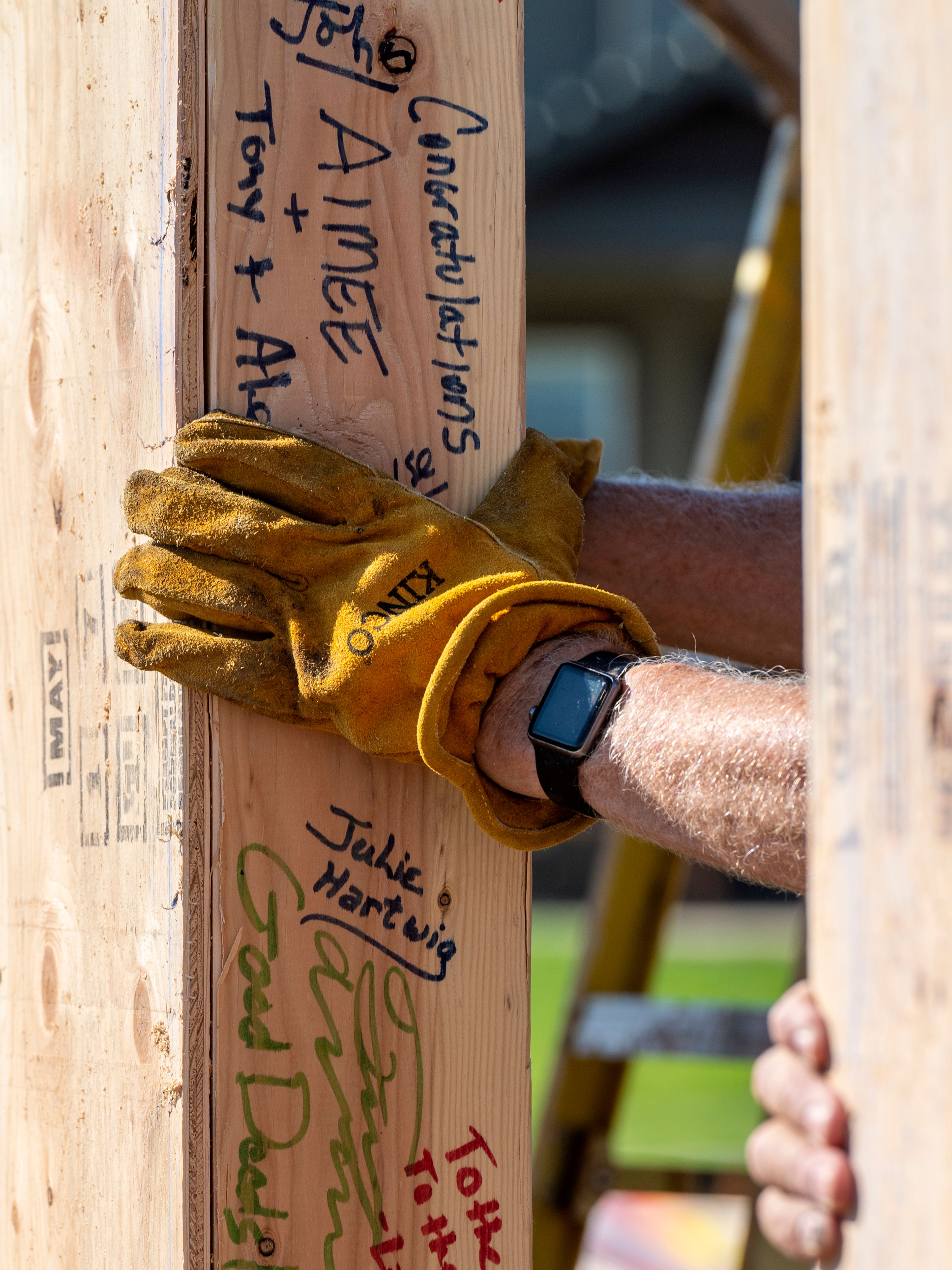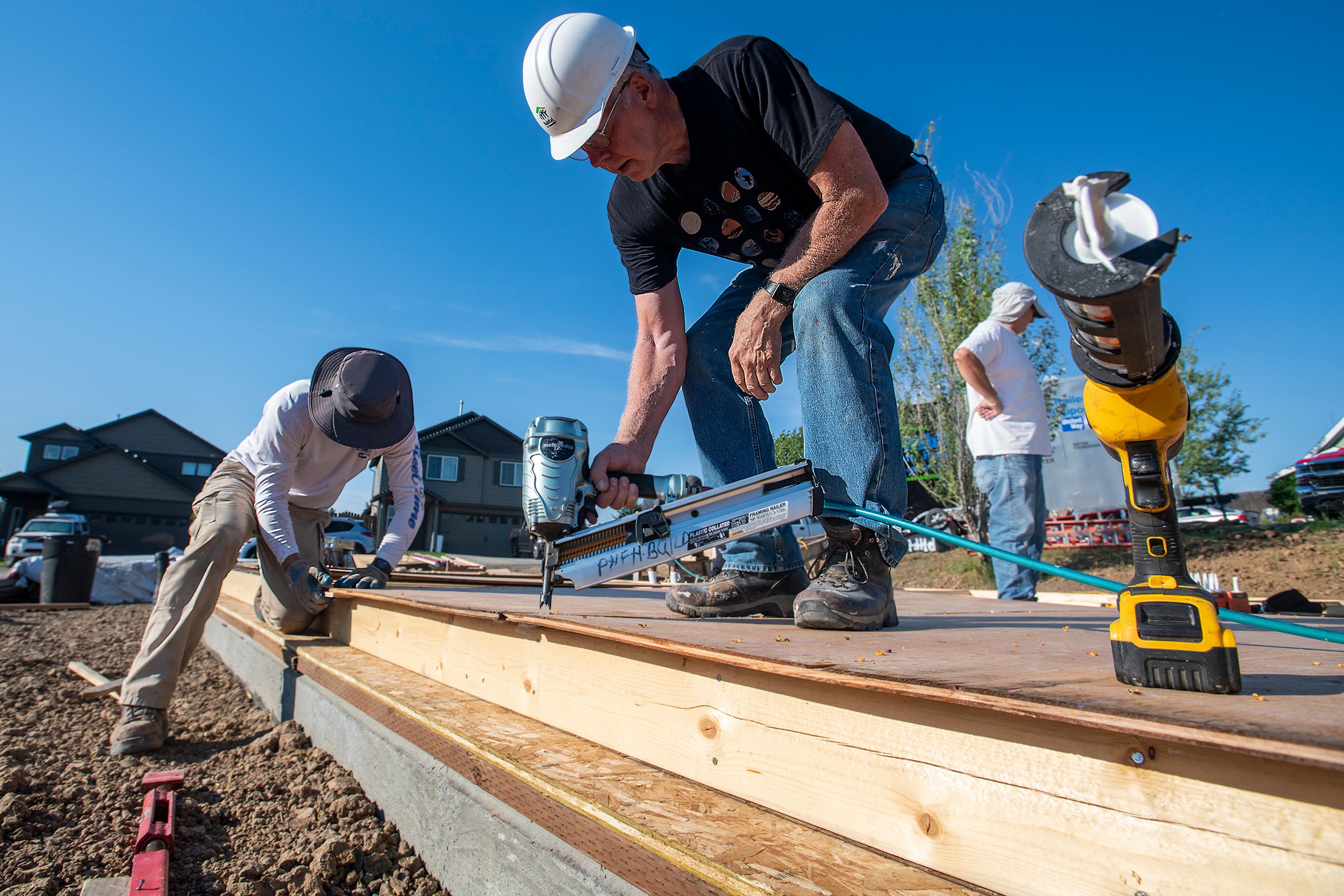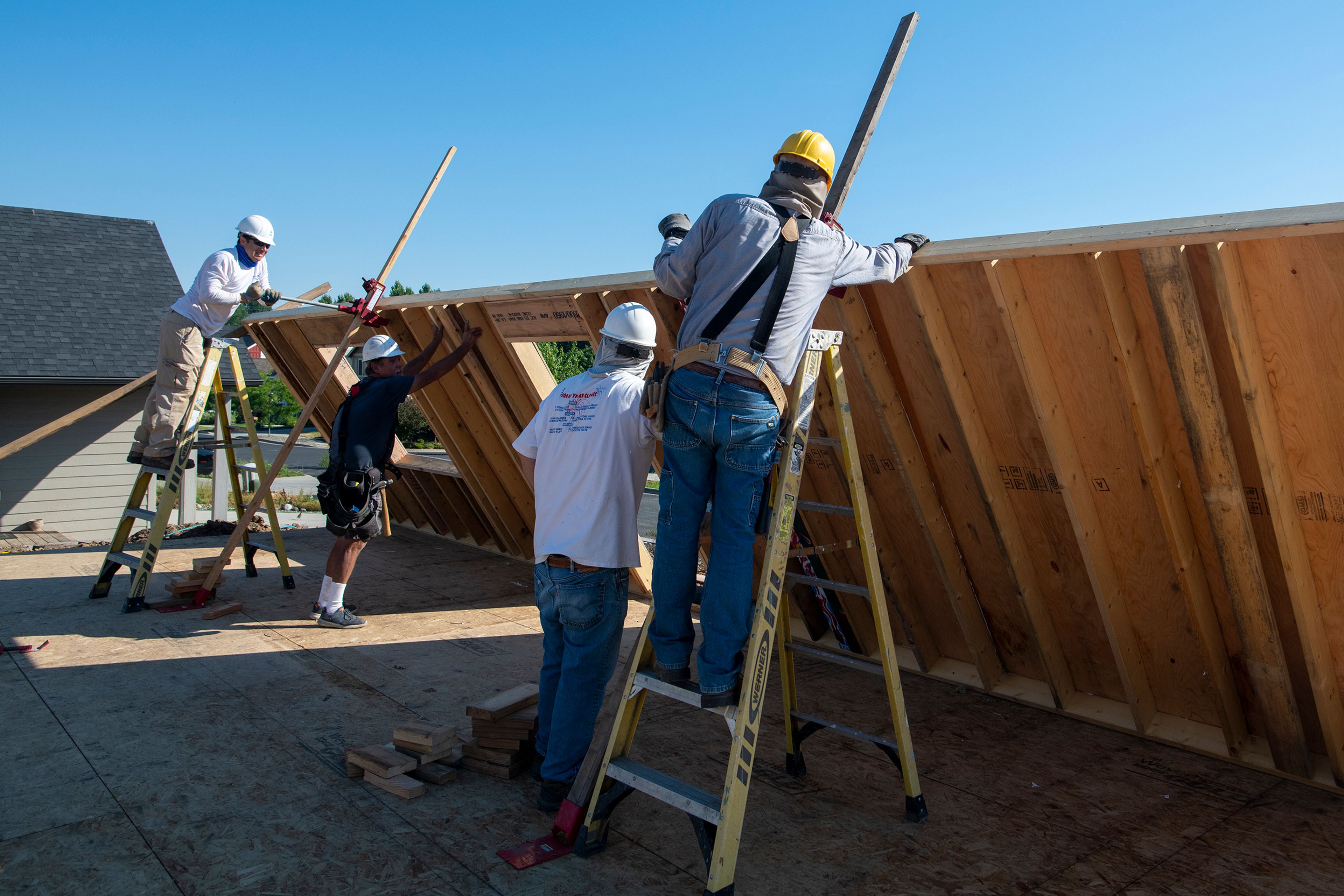MOSCOW — The rent rose by about $65 per month earlier this year when a new owner acquired the complex where Aimee Martinez lives with her twin sons.
A single mom, Martinez was both comforted and stressed by the news. The increase was low enough she could afford to stay by watching her tight budget even more carefully.
Yet it also reminded her of the precariousness of her housing situation. If the increase had been much more at the two-bedroom townhouse, she would have been seeking a new place to live.
Moving is all too familiar for the family. The dwelling is the eighth home for Martinez and her 13-year-old boys, Tony and Alex Poulsen. They have lived in so many places they don’t have distinct memories of some.
In the past, they spent time at a shelter. They shared one home with her mother and a different home with one of her former significant others.
They rented a duplex, their first place with a yard, until a severe water leak in the roof forced them to move.
Each relocation has involved tedious, time-consuming logistics that, when the boys were younger, involved keeping them at McDonald Elementary School in Moscow for continuity, she said.
“It’s just the hoops,” she said. “There’s always something and everything always costs more money.”
The circumstances Martinez faces, statistics indicate, are becoming more common as thousands of people make difficult choices in a housing shortage that has crept into almost every corner of the Northwest, no matter how remote.
Martinez counts herself among the lucky ones. After years of uncertainty, she’s found an escape hatch. Palouse Habitat for Humanity chose her as a recipient of a home anticipated to be completed in March.
She was selected out of 16 applicants, the most to apply since 2017, said Jennifer Wallace, executive director of Habitat for Humanity, in an email.
The 30-year mortgage will be based on her income, giving her more security than she has ever known in her adult life, said Martinez, who works full time as a contracted companion for individuals with dementia.
Although Habitat’s program was created for employed people like Martinez, it didn’t occur to her it was an option until one of her clients suggested it.
Habitat’s process was rigorous, she said. It involved background checks, disclosure of financial records and inspections of her present home.
She and her sons dissolved into tears of relief the day near Christmas of last year when they learned they would be getting the home.
“I couldn’t be more grateful for somebody believing in a dream that I didn’t even have the guts to have,” Martinez said.
For the first time, her sons will have their own rooms, instead of sharing one.
“It’s an experience,” Alex said. “(It’s) a lot of arguments over who made what mess in our bedroom.”
Making the house a reality continues to take effort. Some of it is fun. The paint on the walls will be the colors she selected, which is another first for the family.
Other parts are work that she fits into her already packed schedule. She has to donate 300 hours helping the volunteers constructing the home. Her sons can contribute time too, but it has to be in Habitat’s office or at events since they are too young to be on the building site.
And the reward of stability the house will provide hasn’t silenced all of her constant concerns about money.
The house is supposed to be done in March, but supply chain issues could delay it. She has to decide if she will renew her lease in February.
She wonders what she will do for short-term housing if there’s a gap between when the agreement ends and when the house is done since the market is so tight.
She’s followed what’s happened with prices at some of her previous dwellings.
The duplex with the yard she used to rent for $650 a month, for example, now goes for $950 a month and it appears the only upgrade was fixing the roof and replacing mushy carpet from the leak, Martinez said.
Saving for the uncertainty of just a few months of extra-high rent is unlikely. Her monthly housing expense is $855.
At that level, Martinez said, it meets the U.S. Development of Housing and Urban Development’s definition of affordable housing since she is spending about one-third of her income for rent and utilities.
But Martinez said the money goes fast.
She spends $45 per month on a storage unit, which, she said, became a necessity after her townhouse complex changed hands. It’s where she keeps her flower pots in the winter when the new owner doesn’t allow them to be on the patio without plants.
High gas and grocery prices only aggravate the situation, Martinez said.
On a recent night, she pointed to a metal bowl holding roughly a pound and a half of hamburger that cost about $10, compared to the $1.50 it would have been about a year ago.
Sometimes she and her sons go to the grocery store with calculators. They add the price of each item they put in the cart, checking to be sure they don’t exceed the money she has for food until the next paycheck.
And it always seems like unexpected expenses are surfacing, such as one of the boys’ bicycles needing to be repaired.
“I live paycheck to paycheck,” Martinez said. “I’m fortunately debt-free, which is … huge for me, but I mean it takes a lot of discipline.”
Williams may be contacted at ewilliam@lmtribune.
